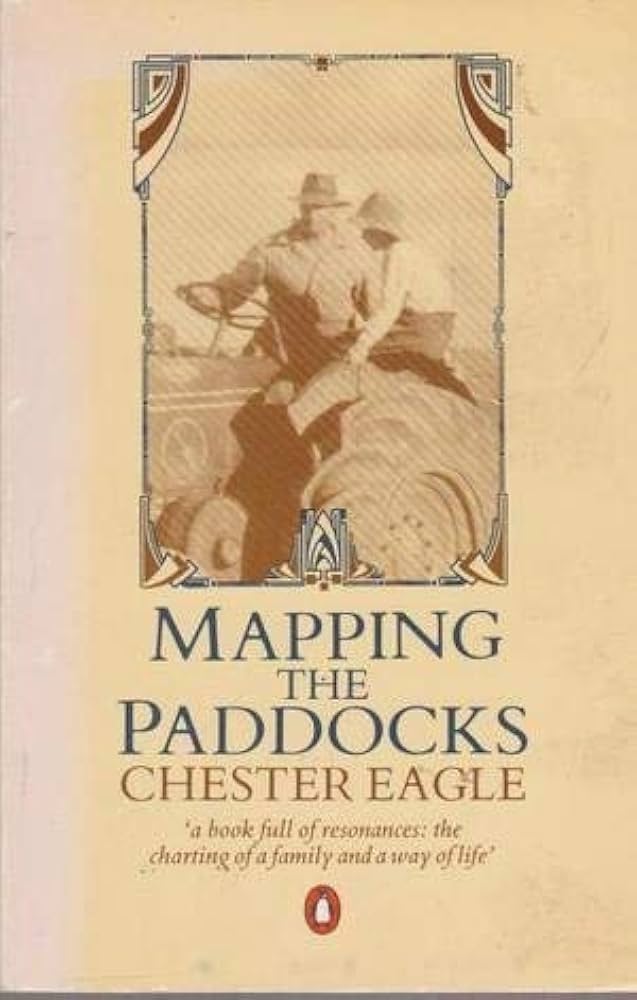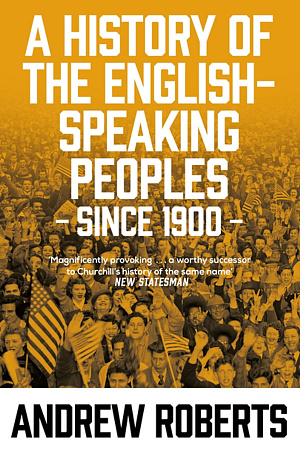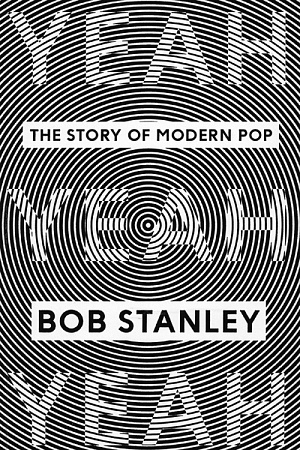Mapping the Paddocks
McPhee Gribble/Penguin Books, 144p., $5.95
Bradman Not Out
This book of elegant and gentle reminiscence covers the period ‘from the depths of the depression to the return of Bradman’. Bradman is used to present a focus of a boy’s perception of his world in the thirties and forties. There is a war, and no cricket, no Bradman. ‘Test cricket was in abeyance, only to return if we won. What would the Germans do to cricket? Ban it? Shoot all cricketers? The Japanese would be worse, Father said. Despite Teutonic arrogance, the Germans were European, while the Japanese were yellow and beyond prediction.’ The war touches life on the Riverina plain near Finley. Planes overhead, men going off to war, and finally, news of the bombing of Hiroshima and Nagasaki. ‘A city had been destroyed. I’d been to Melbourne, I knew what a. city was, and a. city bad been destroyed ... The war, which would soon end, would be leaving us high and dry above the waters that had produced Hammond, Larwood, Voce, Maurice Leyland ... ’ Life will never be the same on the playing fields of Finley or in the paddocks of the Eagle farm. This is a book of sophisticated whimsy, of convincing recollection, of deep but deft seriousness. ‘Time passed. The Germans were defeated. The papers ran articles on the fitness of Bradman and the likelihood of his return.’
I read this book with a consistent delight of recognition. Part of this recognition is historical, in that I keep saying, yes, I remember, it was just like that. But more fundamentally, there is the recognition that Eagle has the rare gift of getting childhood right. I remember too, from my Albury childhood, the mythology that had already developed about the people of Albury answering a plane’s distress call and rushing in their cars to the showground (in my mythology it was the racecourse) to provide light for an emergency night-time landing. And the smell of chloroform that sickened hospital visitors. But Eagle’s strength is not simply history but humanity. The trauma of being discovered, through a brother’s passing-on of information, having stolen a packet of PK. The trauma of keeping hidden from parents the fact of a broken dinky toy or a punctured bike, only to find that these minor tragedies were of no importance to parents. Young Eagle stores treasures in ‘a biscuit tin from the stack in the wash-house’ – lovely to walk into a wash-house again, even with the recognition that wash-houses were a place of drudgery for a woman – and the treasures are almost forgotten: ‘I remember a coin or two, a badge, a newspaper clipping ... and then memory runs out.’ It is the time and world of Biggles (far superior to Worralls – ‘I consider girls unfortunate because their magazines are prissy’), Bonnington’s Irish Moss and Buckley’s Canadiol mixture, Reckett’s Blue that mysteriously makes clothes white. Eagle writes of his past with unsentimental lucidity. He uses a Wheat Board term, FAQ, Fair Average Quality, to describe the tenor of his family life. There are some pages where Mother and Father are presented in a sort of antiphonal form that I found rather tedious. But tedium is rare in this finely structured book. The countryside of the farm life is sharply realised. This is no unquestioning idyll. Eagle loves his windburnt country, with its storms (the mirrors are covered with blankets), threat of drought and bushfire. But he recognises the inherent cruelty of farming: ‘… the docility of a well-run farm disguised a brutality I found obscene.’ There is also a sharp portrait of the cruelty of small boys to a drunk wandering blaspheming down the main street of Finley.
Continue reading for only $10 per month. Subscribe and gain full access to Australian Book Review. Already a subscriber? Sign in. If you need assistance, feel free to contact us.










Leave a comment
If you are an ABR subscriber, you will need to sign in to post a comment.
If you have forgotten your sign in details, or if you receive an error message when trying to submit your comment, please email your comment (and the name of the article to which it relates) to ABR Comments. We will review your comment and, subject to approval, we will post it under your name.
Please note that all comments must be approved by ABR and comply with our Terms & Conditions.